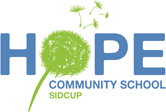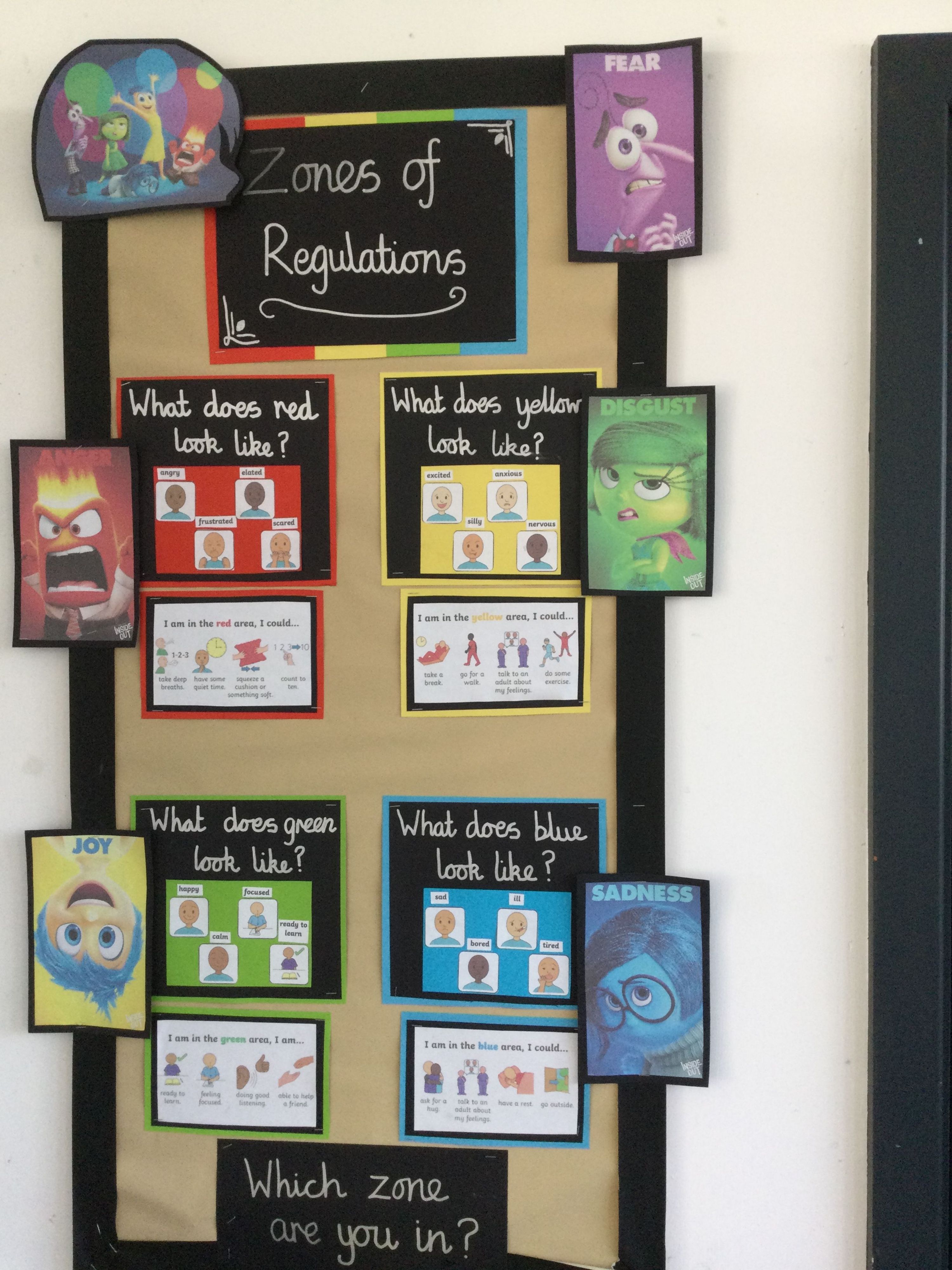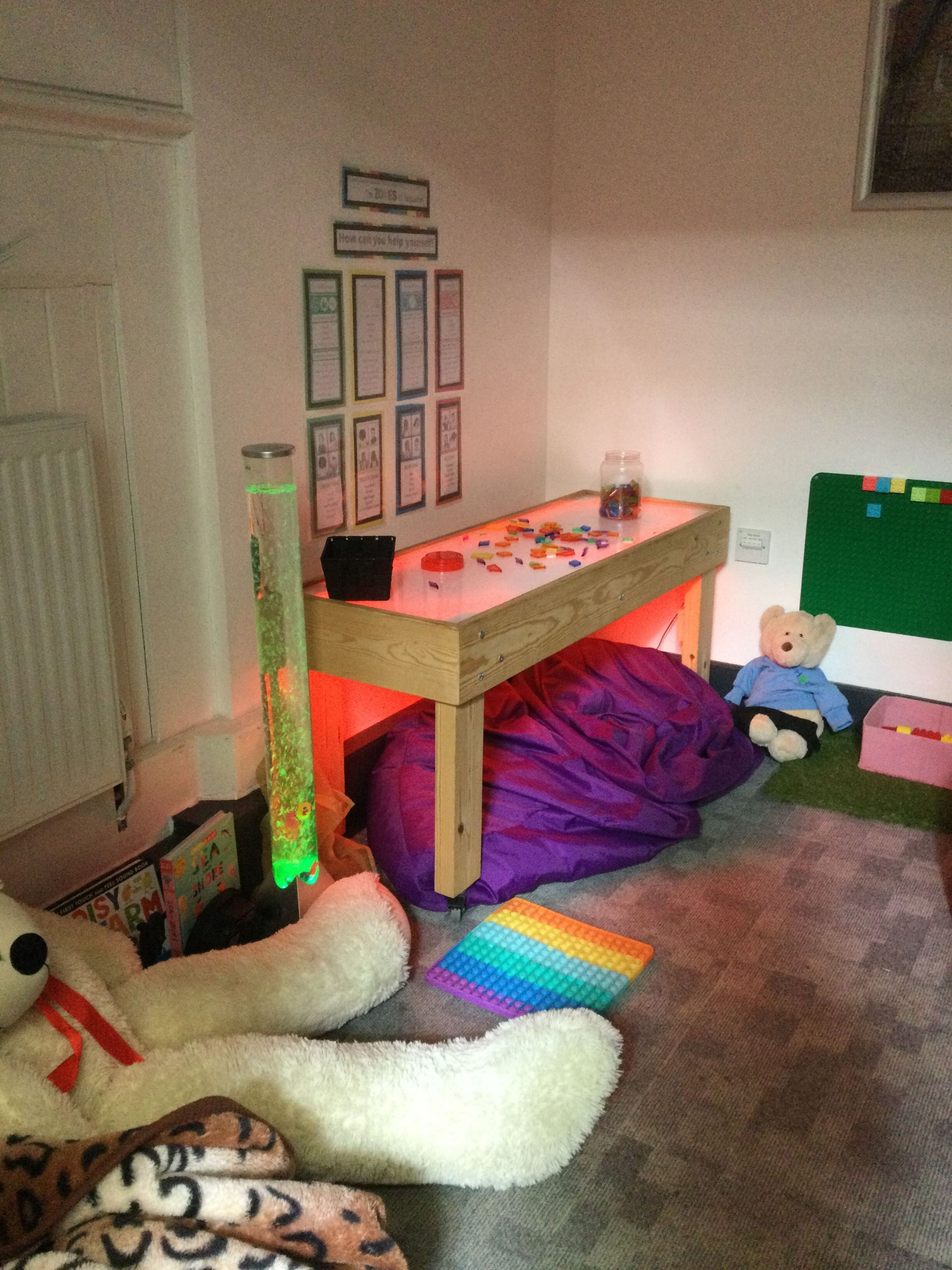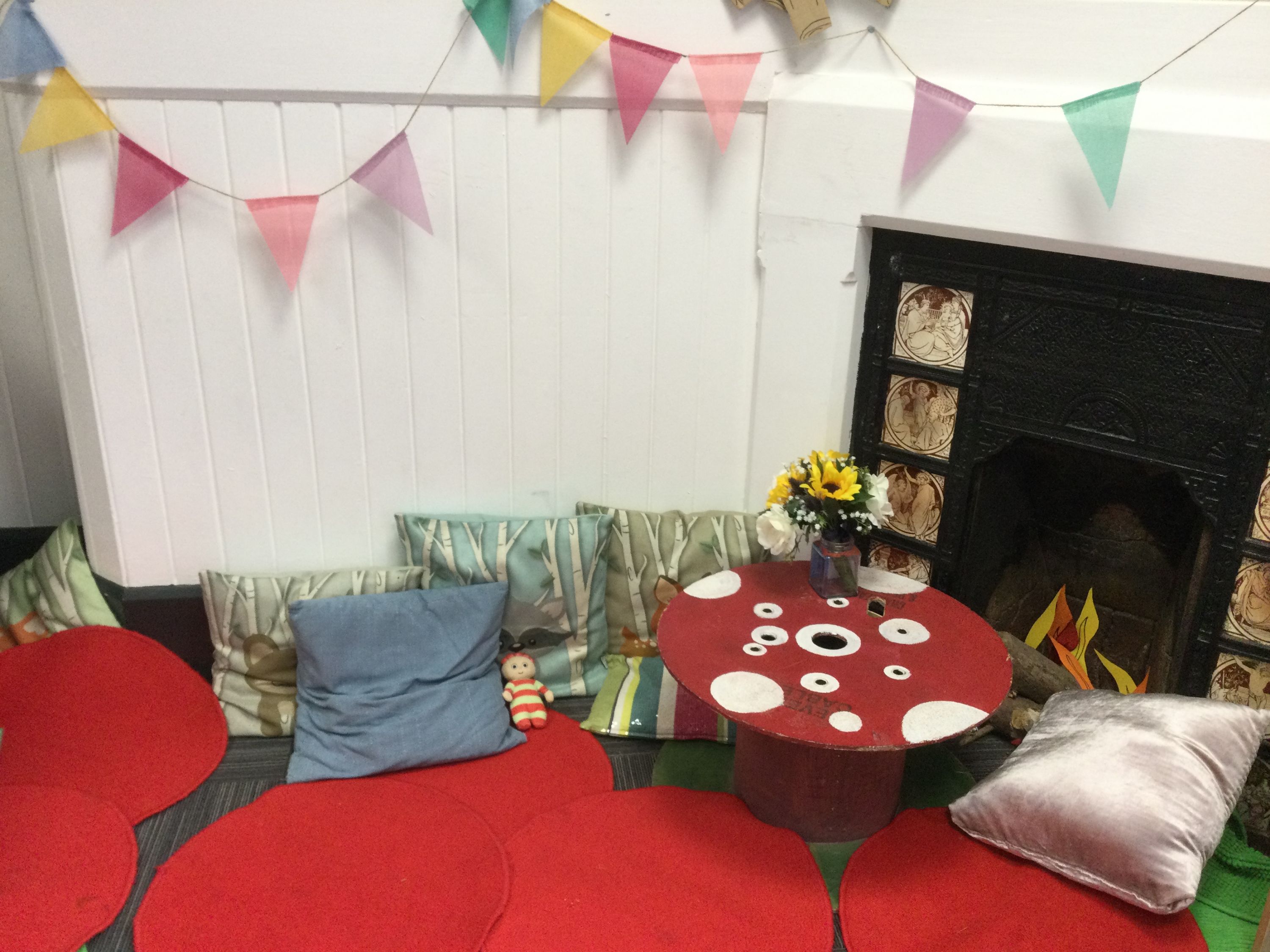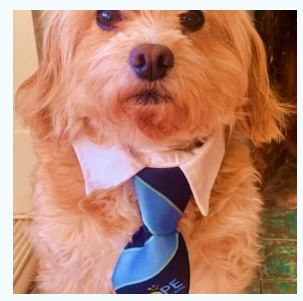Mrs Austin is the school's coordinator for children with Special Educational Needs and Disabilities.
If you have any concerns about your child's learning needs, initially speak to your child's class teacher.
Full information on the provision for children with Special Educational Needs and Disabilities can be found here.
Special Education Needs Provision
In accordance with guidance provided by the SEND Code of Practice (2014), Hope Community School, Sidcup is committed to providing outstanding support for children who have special education needs, disabilities and additional needs, ensuring that all our pupils achieve their full potential. Teaching, learning and pastoral care are designed to provide fair access to personalised learning activities, assessment and social development.
SEN Council member: Mrs Lynn Mason
If you would like to contact any of our SEN team you can do so through our school office.
Please see below for our accessibility plan, local offer and SEN report. Our SEN policy and Supporting Pupils with Medical conditions policy are available on our policy page.
Bexley Council have a website which is a single place to find up to date Information about Services and Support for children and young people with Special Educational Needs and disability aged 0-25. All of these services, settings and activities make up Bexley's 'SEND Local Offer'.
At Hope Community School our aim is to ensure that any Special Educational Needs or disabilities a child may have, has been identified and ensure as a school that we do everything possible to break down barriers to learning and meet their specific needs. The staff here are extremely proud of our inclusive learning environment and our broad and balanced curriculum which aims to bring out the best in all learners. In addition we have a strong team of support staff who are highly skilled in working with children with a range of different needs. We work in partnership with children, their parents or carers and any outside agencies to ensure that we achieve the best for all the children we work with.
How do we provide additional support at Hope Community School?
-
English and maths interventions
-
Additional adult support in classes and differentiated learning
-
Family Liaison Support for children and families
-
Nessy Literacy Intervention
-
Dog Mentoring
-
Social skills interventions
-
Lego Therapy
-
Speech and language interventions
-
Visual support, including visual timetables/cues
-
Additional support at transitional periods
-
Sensory Circuits
-
Liason with outside agencies, specialist Teaching service, ASD team, Speech and Language therapy, Early Intervention Team, OT, Physiotherapy, Community Paediatrics, Early Help
-
Lunchtime Club
-
Zones of regulation
-
Cribbs mentoring
CRIBS - Unlimited Support

Here at Hope we work closely with CRIBS who help provide pastoral support for children that will benefit from mentoring. This can take the form of group or 1:1 work to help children overcome obstacles they are facing in their lives.
https://www.cribsonline.org/unlimited-primary
Zones of Regulation - These support children to be able to name and talk about their feelings and learn strategies of how to calm and be ready to learn.
Our Sensory Room is available for children to use throughout the day.
Calm spaces outside of classrooms provide a space where children can take a break if feeling overwhelmed or anxious.
Working with our dog mentors provides children with a listening ear and safe space to work on emotional resilience, anxiety and other areas. For more detail of our dog mentor programme visit here
Safeguarding
Please note, if you have any safeguarding concerns regarding any child at Hope Community School, please report your concern immediately to one of the Designated Safeguarding Leads (DSL) at the school.
Mrs Carvosso, Mrs Anglin and Mrs Johnson.
The school's safeguarding Governor is Mr McGee.
Autism
Families may find the Autism eye a useful source of information about how they can best support their child.
Autism is a lifelong developmental disability which affects how people communicate and interact with the world. One in 100 people are on the autism spectrum and there are around 700,000 autistic adults and children in the UK. Autism is a spectrum condition and affects people in different ways. Like all people, autistic people have their own strengths and weaknesses. Below is a list of difficulties autistic people may share, including the two key difficulties required for a diagnosis.
- Social communication and social interaction challenges
- Repetitive and restrictive behaviour
- Over or under sensitivity to light, sound, taste, or touch
- Highly focused interested or hobbies
- Extreme anxiety
- Meltdowns and shutdowns
FInd out more from this website: https://www.autism.org.uk/advice-and-guidance/what-is-autism
